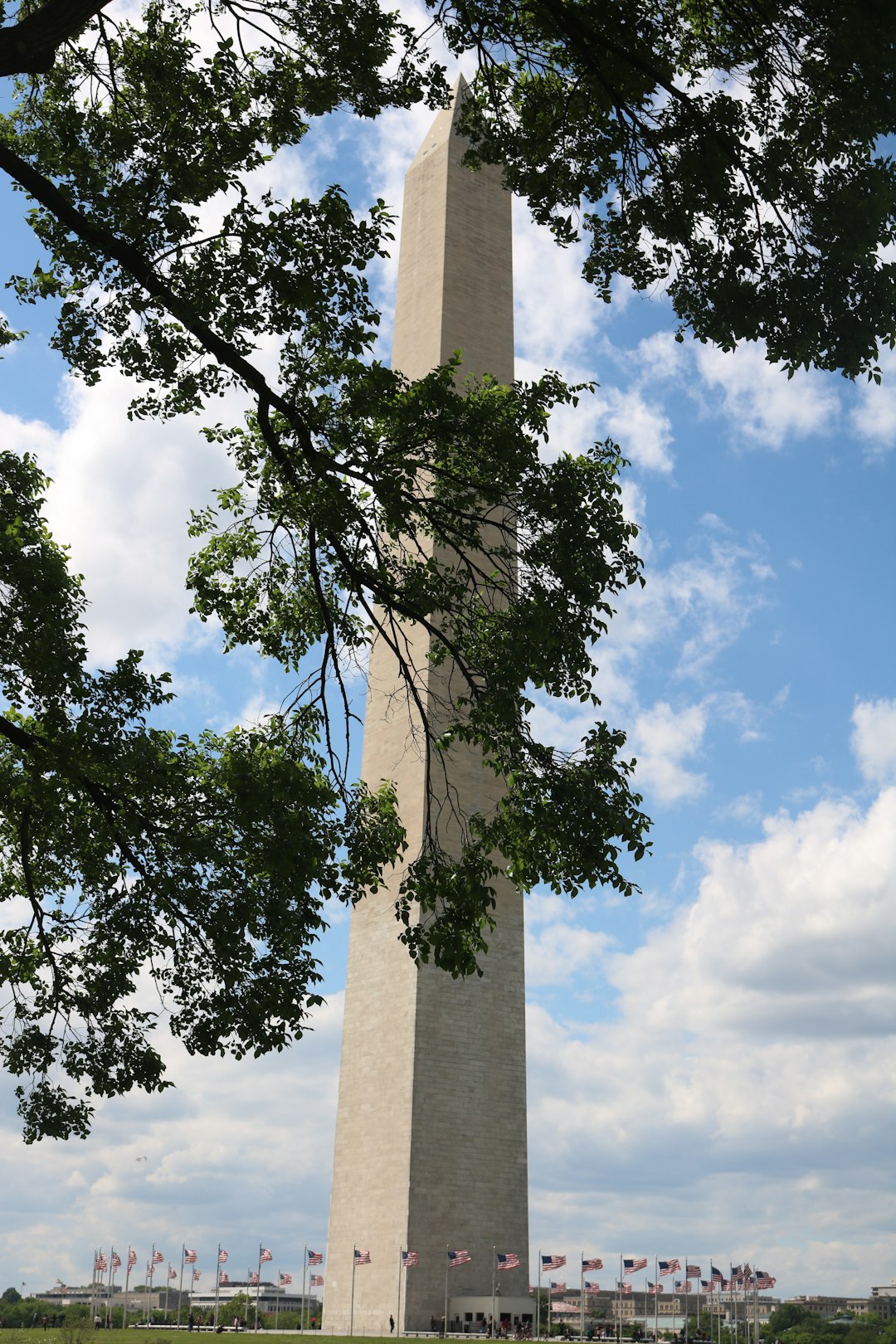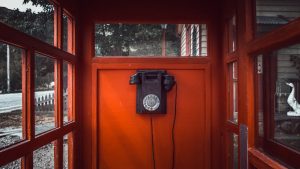Robocalls, automated phone calls using computer-generated voices, have become a major problem in Washington D.C., causing frustration and financial harm to residents and businesses. Caller ID spoofing, a common tactic that hides or misrepresents the caller's identity, exacerbates this issue by allowing fraudsters to bypass do-not-call lists. The city has strict regulations against deceptive robocalls, but there's a debate about legitimate uses of anonymous caller IDs. Protecting yourself from spoofing involves verifying call authenticity, using call-blocking apps, and updating security software. Staying informed is key to navigating the digital landscape in DC and minimizing the risk of robocall scams.
In the bustling metropolis of Washington D.C., robocalls have become a pervasive issue, disrupting the daily lives of its folks and hindering effective communication. This article delves into the technology behind caller ID spoofing in D.C., a practice that allows malicious actors to mask their identities. We explore the impact of robocalls on the city, how caller ID spoofing works, legal and ethical considerations, and practical steps residents can take to protect themselves from these nuisance calls.
Understanding Robocalls and Their Impact in DC

Robocalls, a term that has become increasingly prevalent in modern communication, refers to automated phone calls made en masse using computer-generated voices and pre-recorded messages. In Washington D.C., as in many parts of the country, robocalls have become a persistent issue, with countless residents receiving unwanted calls daily. These automated messages can range from political advertising to sales pitches, often aiming to reach a broad audience efficiently. While they might be effective for businesses and campaigns, robocalls significantly impact individuals’ lives, leading to frustration and even financial harm.
The effects of robocalls in DC are far-reaching. Many residents find themselves on the receiving end of countless spam calls, making it difficult to distinguish genuine communications from fraudulent ones. This deluge of automated messages can lead to wasted time, potential security risks, and even economic losses for businesses that rely on legitimate customer interactions. As technology advances, understanding and mitigating the impact of robocalls have become more crucial than ever for maintaining a peaceful and productive communication environment in the nation’s capital.
How Does Caller ID Spoofing Work?

Caller ID spoofing is a technique that allows individuals or entities to falsify or hide their phone number when making a call, often substituting it with another number, including those associated with robocalls in DC. This process involves manipulating the Signaling System 7 (SS7), which is the global telephone network protocol responsible for routing calls and handling caller ID data. By exploiting vulnerabilities in SS7, spoofers can intercept and alter the caller ID information before it reaches the recipient’s device.
When a spoofer makes a call, they send a false signal to the phone company, pretending to be the owner of a different number. This deception allows them to mask their identity or make it appear as though the call is coming from an unknown source, often used in robocalls to bypass do-not-call lists and increase engagement rates. The technology enables unauthorized users to evade detection and gain access to personal or business communication networks, raising significant privacy concerns for DC residents and businesses facing numerous unsolicited calls.
Legal and Ethical Considerations in DC

In Washington D.C., as with many jurisdictions, there are strict regulations in place to protect consumers from unwanted and deceptive robocalls. The Legal and Ethical Considerations surrounding caller ID spoofing in DC are multifaceted. On one hand, technology that allows for anonymous or misleading caller IDs can be a powerful tool for fraudsters aiming to manipulate and exploit individuals. This has led to increased scrutiny and laws designed to prevent the misuse of such technologies, particularly in the context of robocalls.
However, there’s a growing debate about the ethical use of caller ID spoofing for legitimate purposes, like privacy protection or business marketing strategies. Some argue that spoofing can empower individuals and businesses against spam calls, while others raise concerns over potential misuse and the need for clear guidelines to maintain public trust. Balancing these considerations is crucial in ensuring a fair and safe digital environment for all DC residents in the face of evolving robocall technologies.
Protecting Yourself from Caller ID Spoofing in DC

In the age of robocalls, protecting yourself from caller ID spoofing in DC is paramount. While technology makes it easy for scammers to mask their identities, there are measures you can take to defend against these deceptive practices. Start by verifying the authenticity of calls, especially from unknown numbers, through official government resources or trusted communication channels. Be cautious of unexpected or urgent requests for personal information; legitimate organizations will not typically demand such details over the phone.
Additionally, keeping your contact information private and using call-blocking apps can significantly reduce your exposure to spoofed calls. Regularly update your security software and be wary of suspicious links or attachments in any incoming messages. By staying informed and adopting proactive safety measures, you can navigate the digital landscape with greater peace of mind, minimizing the risk of falling victim to robocall scams in DC.






